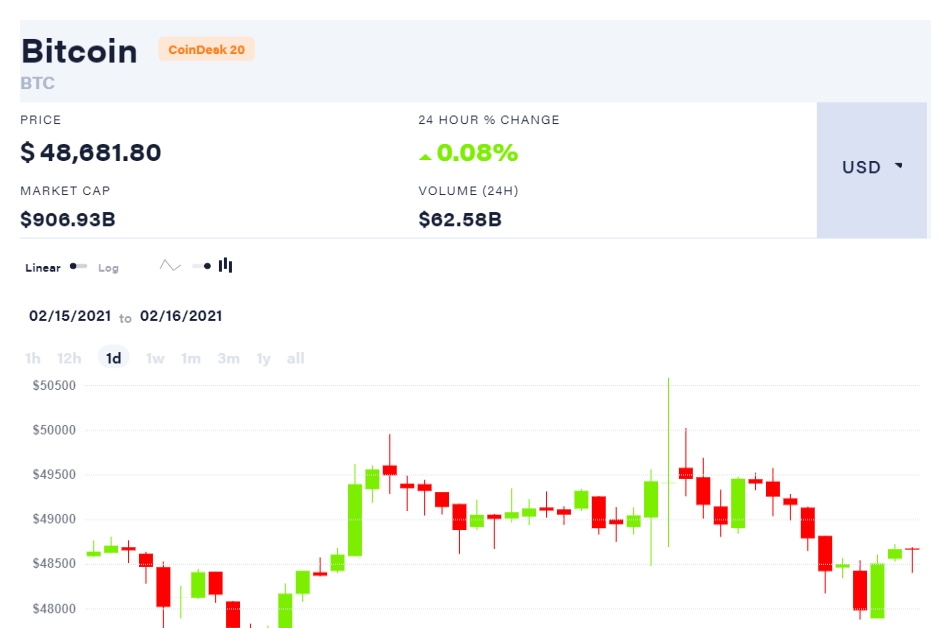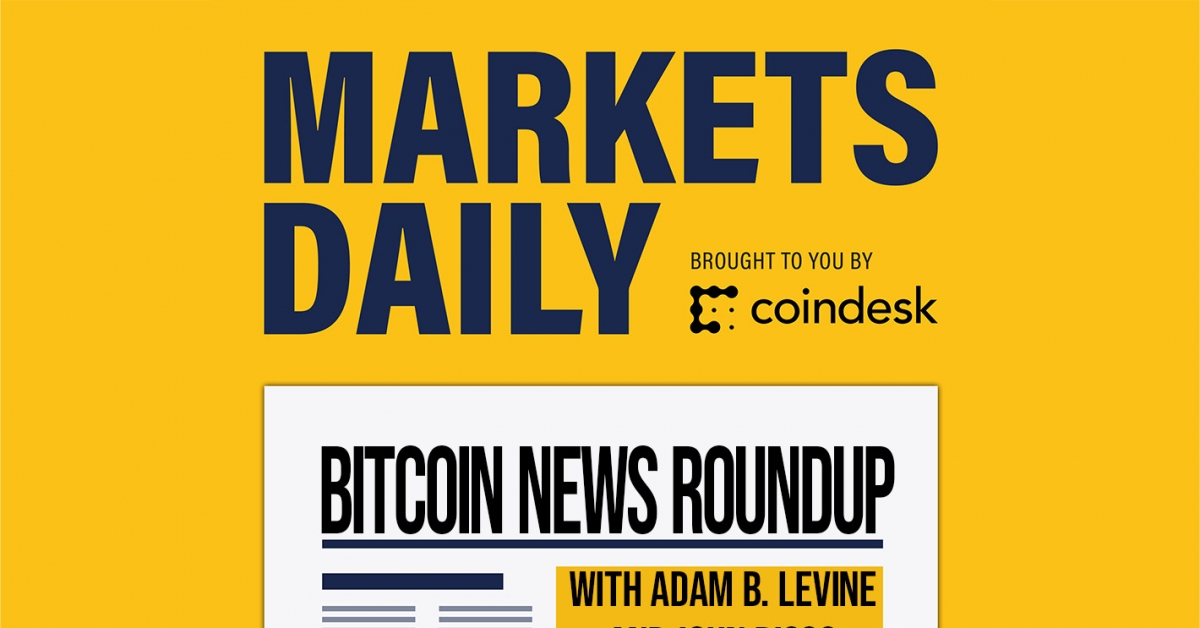Top U.S. Treasury Official Says Crypto Had No ‘Direct Role’ In Bank Failures
Christy Goldsmith Romero
Commissioner
U.S. Commodity Futures Trading Commission
Explore the policy fallout from the 2022 market crash, the advance of CBDCs and more.
Christy Goldsmith Romero
Commissioner
U.S. Commodity Futures Trading Commission
Explore the policy fallout from the 2022 market crash, the advance of CBDCs and more.
:format(jpg)/www.coindesk.com/resizer/x37dWM_1ORxU2nCUG8EyVsmvF4Y=/arc-photo-coindesk/arc2-prod/public/3CZRUU6QWVDQ5PSXCNWHUB6CY4.png)
Jesse Hamilton is CoinDesk’s deputy managing editor for global policy and regulation. He doesn’t hold any crypto.
Christy Goldsmith Romero
Commissioner
U.S. Commodity Futures Trading Commission
Explore the policy fallout from the 2022 market crash, the advance of CBDCs and more.
Christy Goldsmith Romero
Commissioner
U.S. Commodity Futures Trading Commission
Explore the policy fallout from the 2022 market crash, the advance of CBDCs and more.
Nellie Liang, the U.S. Treasury Department’s undersecretary for domestic finance, doesn’t believe the digital assets sector should be blamed for the runs on Silicon Valley Bank (SVB) and Signature Bank that led to their quick demise earlier this month.
“I don’t believe that crypto played a direct role in either of the failures,” Liang said during a hearing of the House Financial Services Committee on Wednesday.
When asked whether digital assets were an indirect factor, she noted that Signature was particularly active in the sector, though she didn’t provide further details. Federal Deposit Insurance Corp. (FDIC) Chairman Martin Gruenberg had earlier told the lawmakers that about a fifth of Singature’s deposit base was tied to crypto customers at the end of 2022.
But that relationship between the crypto industry and two of its one-time favorite banks has otherwise drawn scant attention from members of the Senate and House of Representatives over two days of hearings examining the failures of Silicon Valley and Signature.
The two regional lenders – and a smaller institution, Silvergate Bank, that arguably sparked the recent blaze that spread through U.S. banking – took business risks that undermined their resilience, according to their regulators. Federal Reserve Vice Chairman for Supervision Michael Barr said the trouble with SVB, for instance, was rooted in “classic interest rate risk management.”
To be sure, the banks held tremendous sums of uninsured deposits from crypto companies, and the volatility from the industry – along with its rapid withdrawal of funds as the digital assets sector struggled with recent hardships – were part of the unprecedented rapid run on the banks.
However, lawmakers showed little interest in focusing on crypto questions in a long two days of congressional hearings. The hearings revealed the primary concerns of regulators and lawmakers were on problems in the banks’ management and potential failures in supervision by the Fed and FDIC. Discussion about potential new regulatory legislation targeted questions over the banking industry’s capital and liquidity cushions, not bills that might deal with crypto oversight.
Whatever the major causes of failure at the banks, though, the sudden absence of three of the leading crypto-friendly banks has left many virtual-assets customers in the lurch. On Tuesday, for example, the FDIC said it’s still wrestling with some $4 billion in crypto-tied deposits from Signature, and it’s advising the bank’s former customers they have to move their funds out by April 5 or receive them in a check.
DISCLOSURE
Please note that our
privacy policy,
terms of use,
cookies,
and
do not sell my personal information
has been updated
.
The leader in news and information on cryptocurrency, digital assets and the future of money, CoinDesk is a media outlet that strives for the highest journalistic standards and abides by a
strict set of editorial policies.
CoinDesk is an independent operating subsidiary of
Digital Currency Group,
which invests in
cryptocurrencies
and blockchain
startups.
As part of their compensation, certain CoinDesk employees, including editorial employees, may receive exposure to DCG equity in the form of
stock appreciation rights,
which vest over a multi-year period. CoinDesk journalists are not allowed to purchase stock outright in DCG
.
:format(jpg)/www.coindesk.com/resizer/x37dWM_1ORxU2nCUG8EyVsmvF4Y=/arc-photo-coindesk/arc2-prod/public/3CZRUU6QWVDQ5PSXCNWHUB6CY4.png)
Jesse Hamilton is CoinDesk’s deputy managing editor for global policy and regulation. He doesn’t hold any crypto.
Learn more about Consensus 2023, CoinDesk’s longest-running and most influential event that brings together all sides of crypto, blockchain and Web3. Head to consensus.coindesk.com to register and buy your pass now.
:format(jpg)/www.coindesk.com/resizer/x37dWM_1ORxU2nCUG8EyVsmvF4Y=/arc-photo-coindesk/arc2-prod/public/3CZRUU6QWVDQ5PSXCNWHUB6CY4.png)
Jesse Hamilton is CoinDesk’s deputy managing editor for global policy and regulation. He doesn’t hold any crypto.








